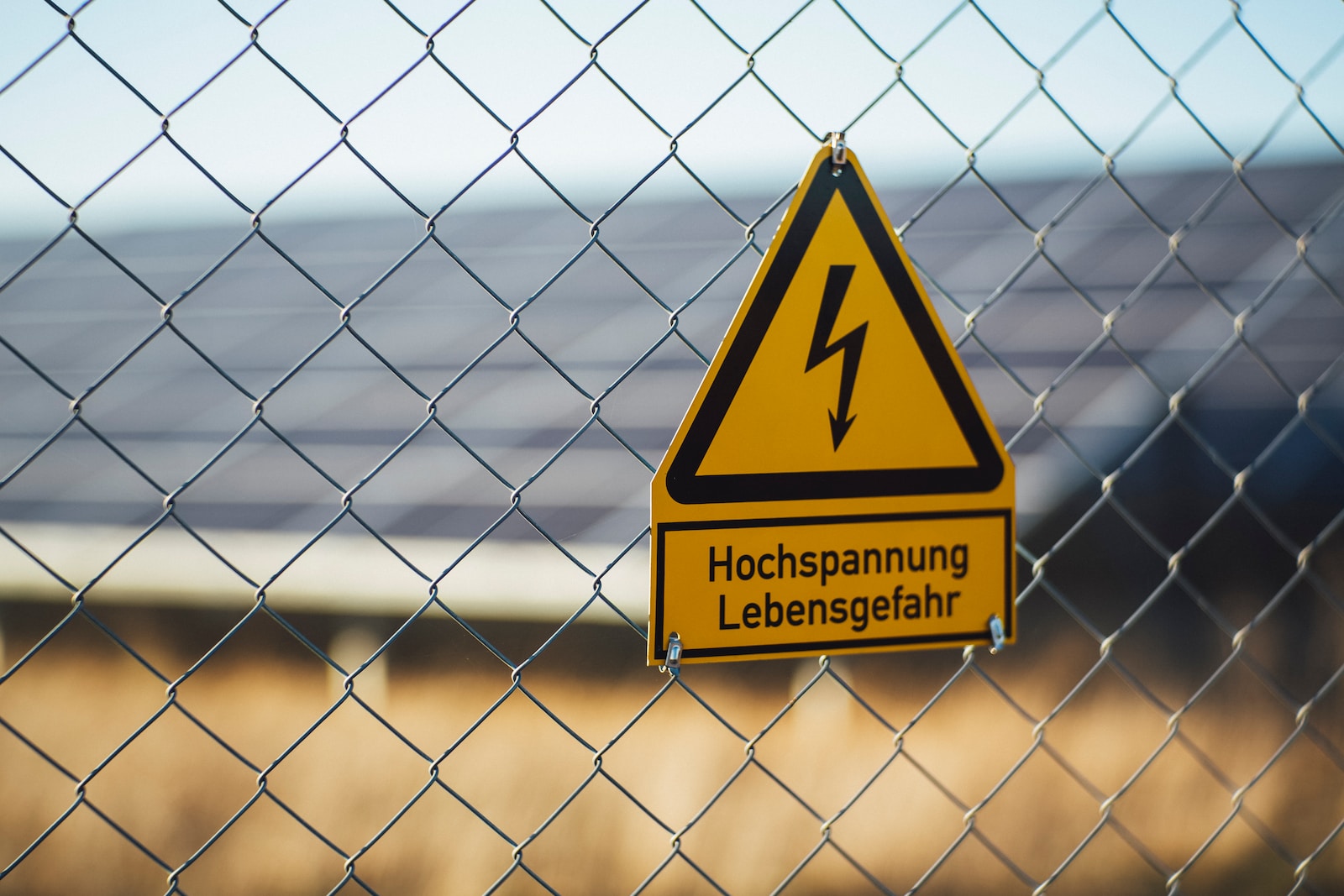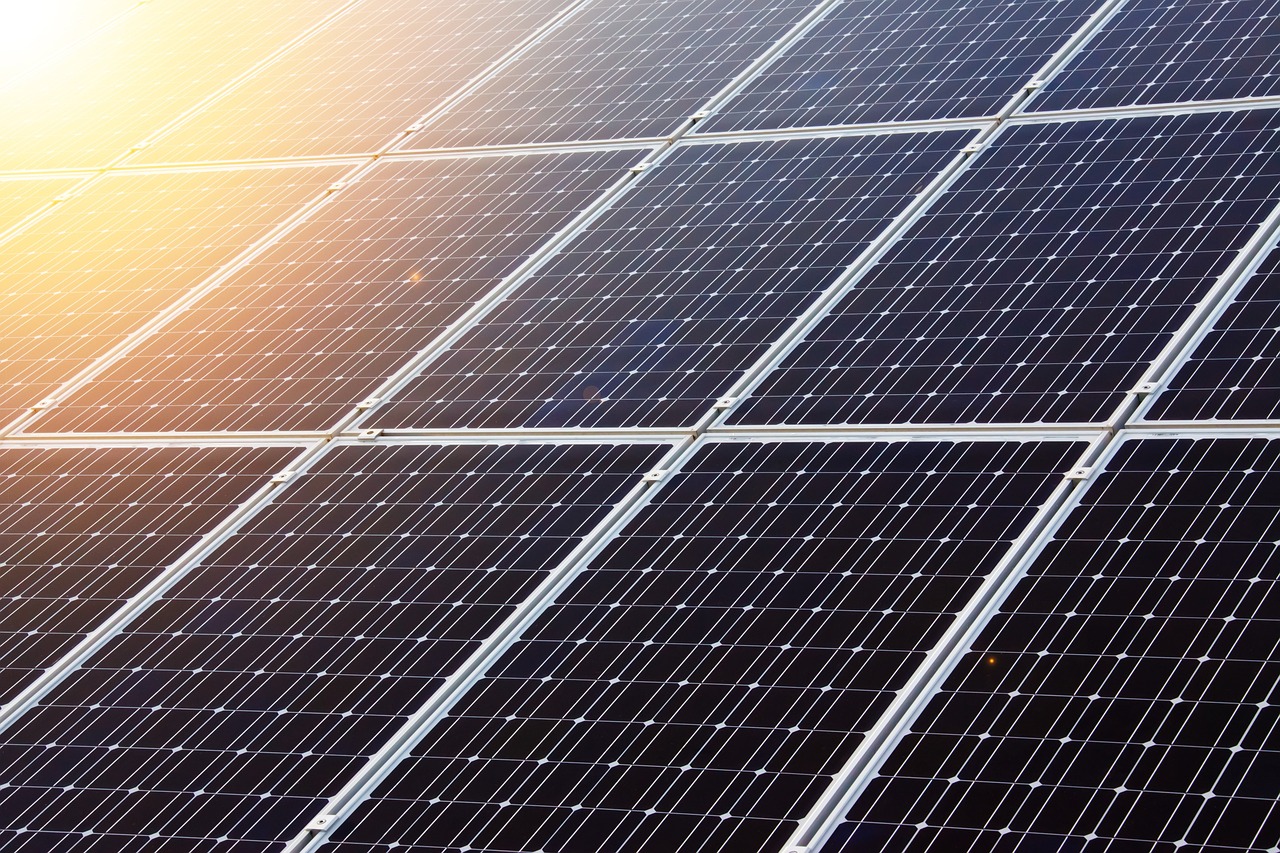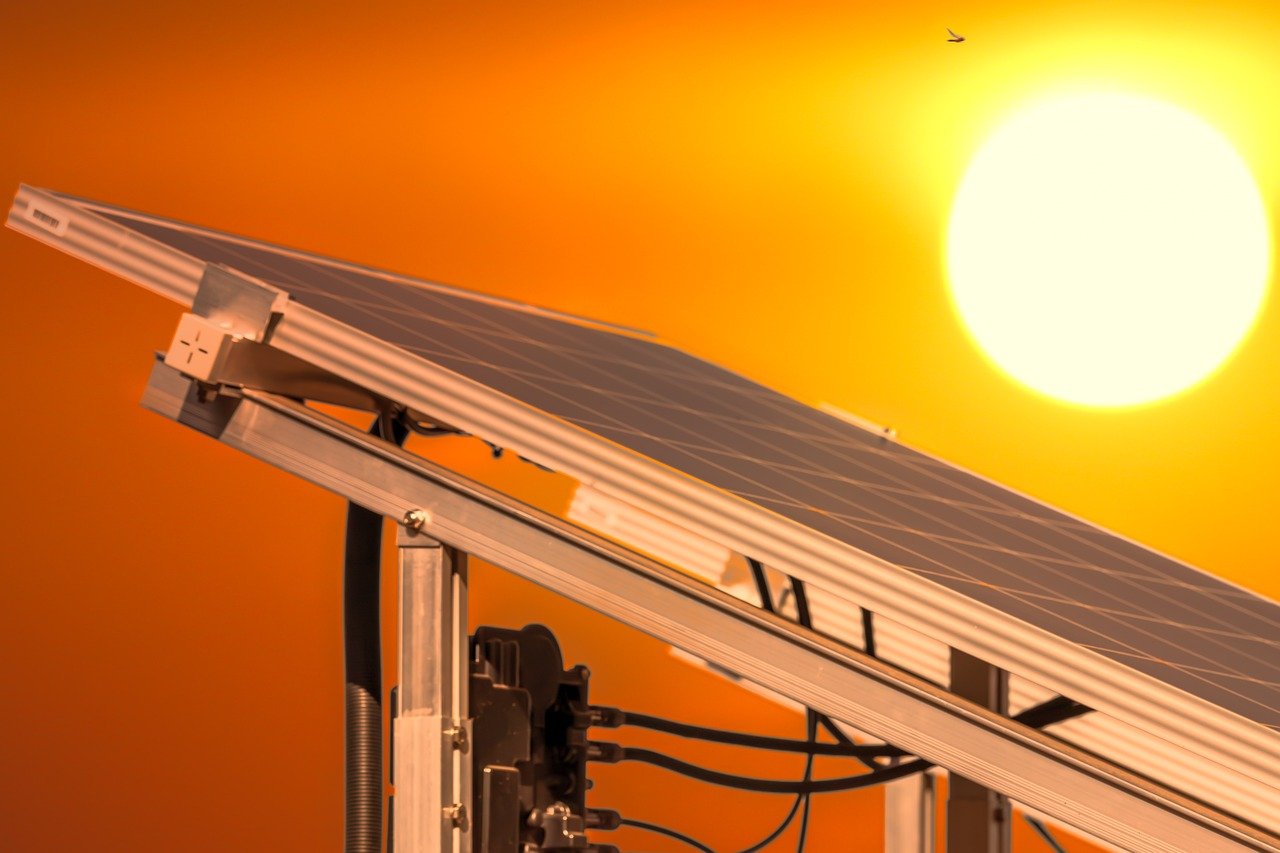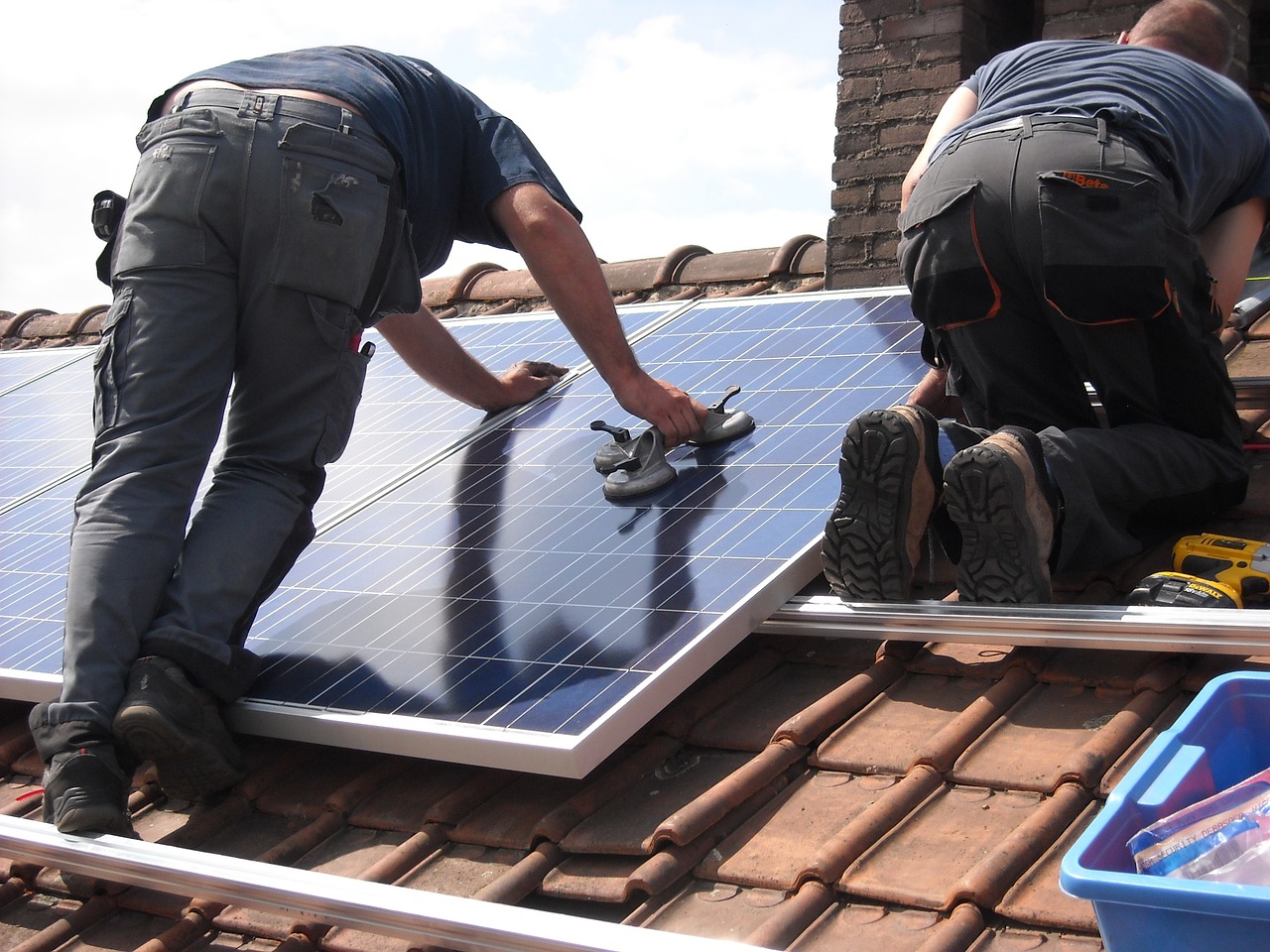Key Takeaway:
Cleaning solar panels is an important part of their maintenance to ensure optimal energy production. While there is a potential risk of electrocution, taking proper safety precautions can greatly minimize this risk. By following guidelines, such as turning off the system, using appropriate equipment, and hiring professionals when necessary, you can safely clean your solar panels.
Cleaning solar panels is essential for maintaining their efficiency and maximizing energy production. Over time, dust, dirt, bird droppings, pollen, and other debris can accumulate on the surface of the panels, reducing their ability to absorb sunlight and convert it into electricity. By regularly cleaning your solar panels, you can ensure that they operate at their full potential, resulting in higher energy yields and a better return on investment.
Potential Risks
Now, let’s address the main concern: the risk of electrocution while cleaning solar panels. It is important to note that solar panels generate electricity when exposed to sunlight, and this electricity can potentially flow through the panel’s electrical components, including the wiring and connectors. However, the risk of electrocution can be minimized by following proper safety precautions.
Here are some potential risks associated with cleaning solar panels:
- Electrocution: The main concern is the risk of electrocution due to the presence of live electrical components. If you come into contact with exposed wiring or connectors while the panels are generating electricity, there is a possibility of electric shock.
- Falls: Cleaning solar panels often involves working at heights, such as on rooftops or using ladders. Without proper safety measures, there is a risk of falling and sustaining injuries.
- Damage to Panels: Using incorrect cleaning techniques or abrasive materials can potentially damage the surface of the solar panels, affecting their efficiency and lifespan.
Safety Precautions
To ensure your safety while cleaning solar panels, it is crucial to follow these safety precautions:
- Turn off the system: Before starting the cleaning process, turn off the solar panel system to eliminate the risk of electric shock. This can usually be done through the system’s main electrical disconnect switch or by consulting the manufacturer’s instructions.
- Use appropriate equipment: Invest in high-quality cleaning equipment specifically designed for solar panels. Soft brushes, squeegees, and non-abrasive cleaning solutions are recommended to avoid causing damage.
- Protective gear: Wear appropriate protective gear, such as gloves and safety glasses, to minimize the risk of injury from sharp edges or falling debris.
- Avoid harsh chemicals: Use mild, non-abrasive cleaning solutions and avoid harsh chemicals that can damage the panel’s surface or coatings.
- Follow manufacturer guidelines: Consult the manufacturer’s guidelines for cleaning and maintenance. They will provide specific instructions tailored to the type of solar panels you have installed.
- Hire professionals when necessary: If you are uncomfortable with heights, lack the necessary equipment, or have a large solar panel system, consider hiring professionals who specialize in solar panel cleaning. They have the expertise and experience to safely and effectively clean your panels.
Professional Cleaning vs. DIY
While cleaning solar panels yourself is possible, there are advantages to hiring professionals for this task. Professional solar panel cleaners have the necessary knowledge, equipment, and experience to perform the job safely and efficiently.
Here are some pros and cons to consider:
Professional Cleaning:
- Expertise: Professionals are trained to clean solar panels effectively without causing damage.
- Safety: They have the necessary safety equipment and know-how to minimize risks.
- Efficiency: Professionals can clean large-scale solar panel systems quickly and efficiently.
DIY Cleaning:
- Cost savings: Cleaning the panels yourself can save you money, especially for small-scale systems.
- Convenience: You can clean the panels on your own schedule without relying on external services.
- Satisfaction: Some individuals prefer the hands-on approach and enjoy taking care of their solar panels themselves.
Ultimately, the decision between professional cleaning and DIY cleaning depends on your comfort level, the size of your solar panel system, and your budget.
Common Misconceptions
Now let’s address some common misconceptions about cleaning solar panels:
- Misconception: Solar panels are self-cleaning.
Fact: While rain can help wash away some dirt and debris, it is not sufficient to keep solar panels clean. Regular cleaning is still necessary to maintain optimal performance. - Misconception: Cleaning solar panels is dangerous.
Fact: While there are risks associated with cleaning solar panels, following proper safety precautions greatly reduces the danger. By taking the necessary safety measures, you can safely clean your panels. - Misconception: Using high-pressure water or abrasive materials is the best way to clean solar panels.
Fact: High-pressure water or abrasive materials can damage the surface of the solar panels, reducing their efficiency. It is best to use soft brushes, squeegees, and non-abrasive cleaning solutions.
Maintenance Tips
In addition to regular cleaning, here are some maintenance tips to keep your solar panels in optimal condition:
- Inspect for debris: Regularly inspect your solar panels for any debris, such as leaves or bird droppings. Remove them gently using a soft brush or a damp cloth.
- Check for damage: Keep an eye out for any signs of damage, such as cracks or loose connections. If you notice any issues, contact a professional for assistance.
- Monitor energy production: Keep track of your solar panel’s energy production to ensure it is performing as expected. A sudden drop in energy output may indicate a problem with your panels.
- Follow maintenance schedule: Consult the manufacturer’s guidelines for maintenance schedules and adhere to them. Regular maintenance can help prolong the lifespan of your solar panels.
Conclusion
While there is a potential risk of electrocution when cleaning solar panels, taking proper safety precautions can greatly minimize this risk. By turning off the system, using appropriate equipment, and following manufacturer guidelines, you can safely clean your solar panels and ensure their optimal performance.
Remember, if you are unsure or uncomfortable with cleaning your solar panels yourself, it is always best to hire professionals who have the expertise and experience to do the job safely and efficiently. Regular maintenance and cleaning will not only maximize energy production but also prolong the lifespan of your solar panels, ensuring the long-term benefits of renewable energy. Stay safe and enjoy the clean energy your solar panels provide!



